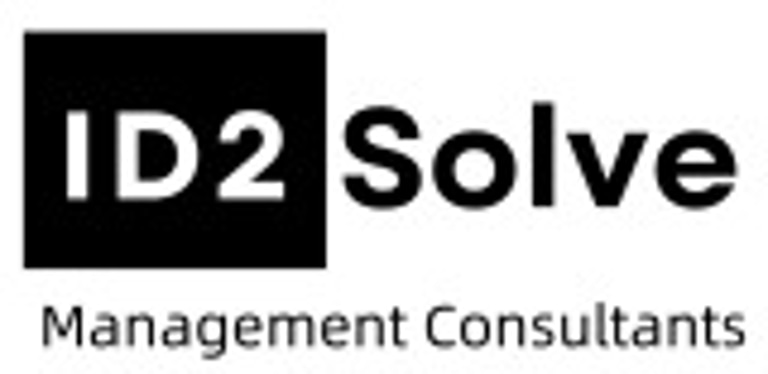Family Owned Business
Family-owned businesses power the U.S. economy. They fuel growth, create millions of jobs, and anchor community development from coast to coast. Representing roughly 19% of the nation’s GDP, contributing to 64% of total economic output, and employing 62% of the workforce, these enterprises remain one of America’s most influential economic engines.
FEATURED ARTICLE THIS MONTH
2 min read
Family-owned businesses remain one of the most powerful engines of the U.S. economy—driving innovation, job creation, and community prosperity. Representing over 60% of America’s workforce and contributing trillions to national GDP, these enterprises form the economic backbone of cities, towns, and local ecosystems. Yet despite their impact, family enterprises face unique challenges, particularly in today’s rapidly shifting economy shaped by AI, digital transformation, business consulting, and competitive market disruption.
Why Family-Owned Businesses Still Matter — More Than Ever
With more than 5.5 million family-owned enterprises operating across the United States—from local service companies to iconic giants like Ford and Walmart—their influence is both economic and cultural. Family businesses are known for:
Long-term stability
Values-driven leadership
Deep community engagement
Resilience during volatile economic cycles
They reinvest locally, nurture meaningful customer relationships, and often uphold the kind of integrity and consistency that large corporations struggle to maintain. In an era driven by AI solutions, automation, and data analytics, family businesses offer something rare: trust, continuity, and human-centered leadership—while holding enormous potential for modernization and growth.
Strengths That Give Family-Owned Businesses a Competitive Advantage
• Long-Term Vision & Strategic Patience
A focus on heritage, legacy, and multi-generational planning supports sustainable growth strategies.
• Deep Commitment & Loyalty
Strong values and purpose-driven leadership result in higher employee engagement and stronger client relationships.
• Distinctive Company Culture
A unique culture rooted in family values becomes a key competitive differentiator in crowded markets.
• Resilience & Adaptability
Family enterprises often demonstrate impressive agility during downturns, making them naturally positioned for long-term success.
Challenges That Can Limit Growth and Legacy
• Family Conflicts & Misaligned Vision
Personal dynamics may create instability or slow organizational decision-making.
• Resistance to Modernization
Failure to adopt AI, business technology, and digital innovation can place family firms at risk.
• Succession & Leadership Gaps
Many businesses struggle with succession planning, leadership development, and next-generation readiness.
• Limited Access to Capital
Concerns over ownership dilution can limit business expansion and strategic investment.
Strategies to Strengthen Longevity and Prepare for the Future
• Establish Strong Governance
Family councils, advisory boards, and decision-making models create clarity and reduce conflict.
• Build a Real Succession Plan
Early planning ensures leadership continuity and reduces transition risk.
• Invest in Professional & AI-Driven Development
Training and AI-powered business tools enhance competitiveness and efficiency.
• Bring in Outside Expertise
External advisors and executives introduce innovation, structure, and objective guidance.
• Enhance Communication & Alignment
Transparent communication minimizes conflict and strengthens shared goals.
• Modernize While Protecting Core Values
Balancing tradition with business modernization ensures long-term relevance.
How ID2Solve Management Consultants Supports Family Enterprises
ID2Solve provides strategic solutions tailored to the complexity of family business dynamics, with deep expertise in:
AI consulting
Business strategy
Succession planning
Leadership development
Organizational design
Business diagnostics
Conflict resolution
Growth strategy
Digital transformation
Operational efficiency
We understand the emotional and relational layers embedded in family enterprises and help leaders:
Resolve conflicts
Strengthen governance
Modernize operations
Prepare the next generation
Enhance financial and strategic planning
Protect long-term legacy and stability
By blending strategic consulting, AI insights, and holistic business planning, ID2Solve empowers family businesses to achieve sustainable growth in a rapidly changing market.
Moving Forward: Legacy Meets Innovation
Family-owned businesses are pillars of economic and social stability. By addressing governance, modernization, and succession early—and partnering with experts like ID2Solve Management Consultants—these companies can strengthen their competitive edge, accelerate growth, and preserve their legacy for generations.
With the right mix of AI strategy, business transformation, and family enterprise consulting, family businesses can thrive in today's dynamic, technology-driven economy.
Family Enterprise Excellence: Strengthening Legacy, Leadership & Long-Term Growth in an AI-Driven Economy
© Copyright 2024 ID2Solve Management Consultants. All rights reserved.
Privacy Policy
English & Spanish
Office: 919-369-7004
